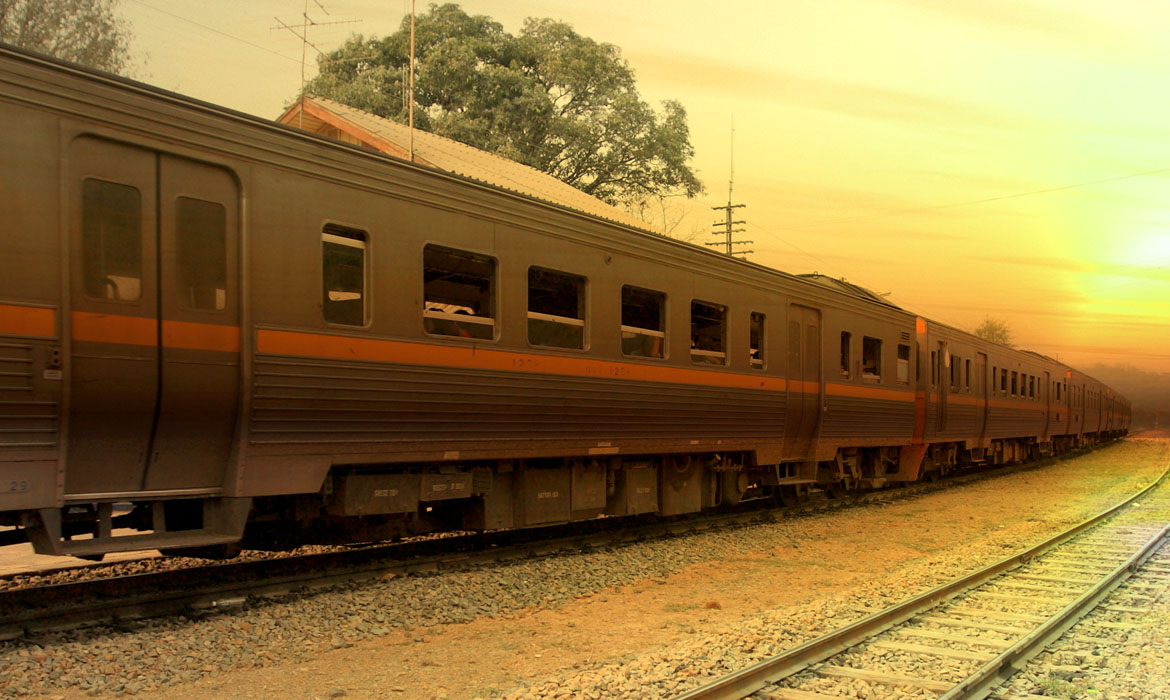
The Senate of the Republic unanimously approved the reform to Article 28 of the Political Constitution, which considers passenger transportation by rail as a priority area for national development.
The joint committees on Constitutional Affairs, Legislative Studies, and Communications and Transportation, chaired by Senators Óscar Cantón Zetina, Enrique Inzunza Cázarez, and Alejandro Esquer Verdugo, respectively, approved, with 37 votes and without changes, the bill sent by the Chamber of Deputies.
In the ruling, they stressed that the reform is key , since it seeks to regain state control over the railways, specifically for the provision of passenger service, something that had been neglected since the privatization of the sector in the nineties.
To this end, it is specified that the Federal Executive may grant allocations to public companies or concessions to private individuals .
Senator Laura Estrada Mauro, from Morena, said that the proposal will not only activate the railroads for the return of passenger trains, but also to restore national autonomy and reverse the privatization promoted during the government of Ernesto Zedillo, that is, “railway transportation is returned to the people, as a fundamental pillar for the economic and social development of the country.”
For National Action, Mayuli Latifa Martínez Simón considered that the reform promotes mobility and contributes to the development of the various regions; however , the new government must conduct itself with legality and transparency in the construction of railway projects.
Carolina Viggiano Austria said that the PRI Parliamentary Group supports the constitutional reform; although, she stressed that they will monitor the impacts, technical and financial viability of future railway projects, so that “what happened (sic) with the Mayan Train does not happen again” , which was not transparent, increased its costs and has not achieved its profitability goals.
From the PVEM, Luis Alfonso Silva Romo considered that the railroads are an essential part of the “veins” that unite the country, but he regretted that the transportation service by that means has been privatized by people who, he emphasized, stopped seeing the people as “holders of rights” to see them only as “part of the market,” with which the benefits of using the railroad were lost.
Alejandro González Yáñez, from the PT, stressed that after the historic regression that the railway system faced during the Ernesto Zedillo administration, the government of Andrés Manuel López Obrador promoted the development of the south-southeast of the country with the Mayan Train, but with the administration of Claudia Sheinbaum “we are on the threshold of making Mexico an economic power.”
Luis Donaldo Colosio Riojas, from Movimiento Ciudadano, highlighted that our country’s railway infrastructure, with more than 27 thousand kilometers of tracks, represents great potential to decongest roads , offer a safe and sustainable means of transportation, but, above all, to connect regions of the country that have been historically marginalized.
According to the transitional articles, the ruling establishes that the Congress of the Union will have a period of 180 calendar days, from the entry into force of the decree, to make the necessary adjustments to the corresponding secondary laws.
While private companies with concessions for freight rail transport may provide passenger rail services.
Comment and follow us on X:@GrupoT21















